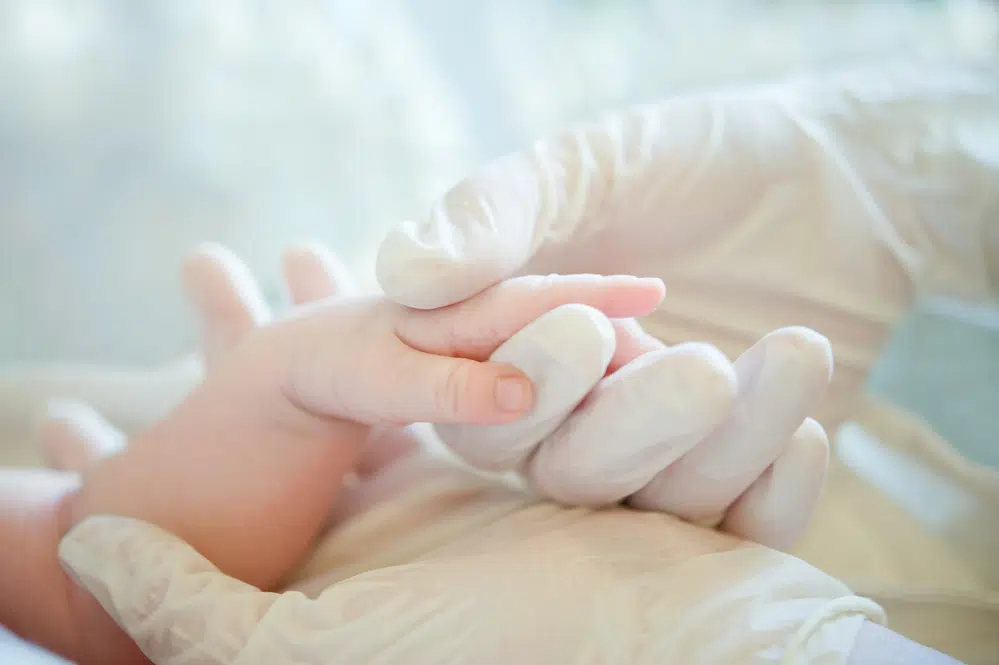
Content Reviewed by:
Dov Apfel
Content Reviewed by: Dov Apfel
Accordion Content
Since 1979, Dov Apfel has been passionate about advocating for birth injury and medical malpractice victims. Mr. Apfel’s career-long record of achievements in birth injury litigation, education, and advocacy has been recognized by the Executive Board of the Birth Trauma Litigation Group of the American Association for Justice. His expertise is demonstrated by his numerous awards, presentations on birth injury topics at legal conferences for organizations like the AAJ and ATLA, and articles published by Trial Magazine and many others.
Around 450,000 babies are born preterm in the U.S. every year, according to the Children’s National Research Institute. Premature babies are often deprived of oxygen caused by immature lungs or irreversible birth injuries. Inadequate oxygen levels can decrease a newborn’s blood pressure, heart rate, and limiting the blood flow to vital organs and tissue. When this happens, irreversible neurological or cellular damage can occur and lead to permanent deficits and disabilities such as cerebral palsy, epilepsy, and vision and hearing loss.
Premature babies and those with brain injuries caused by birth have typically been treated with minimal handling, avoidance from stressful stimuli, including receiving care and treatments in new, quiet private family rooms. A new study led by researchers at Children’s National Hospital, published online on February 19, 2020, in “Nature Communications,” could lead to new treatments for children affected by brain damage caused by oxygen deprivation at birth. The recent study suggests that when oxygen-deprived infants are faced with opportunities for optimal brain development through an “enriched” environment, it may result in a more positive growth and healing of the brain.
What Makes for an “Enriched” Environment?
To determine how enriched environments may affect recovery for newborns who suffer a brain injury after birth, the team at Children’s National Research Institute studied the effects enriched environments could have for the future design of caring for premature babies born with the consequences of oxygen deprivation. The researchers called for an increased opportunity for newborn brain recovery to include:
- physical activity
- socialization
- exploring novel stimuli
It was noted that results and future studies are required before suggesting changes in care plans. Children’s National Research Institute is recognized for its expertise and innovation in pediatric care and as a strong voice for children through advocacy at the local, regional, and national levels.
Who is Responsible When a Baby Is Deprived of Oxygen?
Before a delivery, many warning signs should alert a mother’s medical team about the possibility of a taxing labor and the chance of decreased oxygen immediately before or during the birthing process. When those warning signs are missed or disregarded, infants can suffer severe long-term harm and require a lifetime of specialized care. When the oxygen deprivation may have been aggravated by inadequate medical care, a birth injury lawsuit may be appropriate. Medical malpractice is not implicated every time that a child suffers a birth injury affecting the brain. Still, it is sadly applicable in far too many of the cases our birth injury legal team has brought to justice.
Contact a Chicago Birth Injury Lawyer at Levin & Perconti
If you suspect medical negligence may have contributed to a premature delivery or oxygen deprived-related injury to a newborn during or after labor, please contact Levin & Perconti toll-free at 877-374-1417, or in Chicago at (312) 332-2872 for a FREE consultation.



